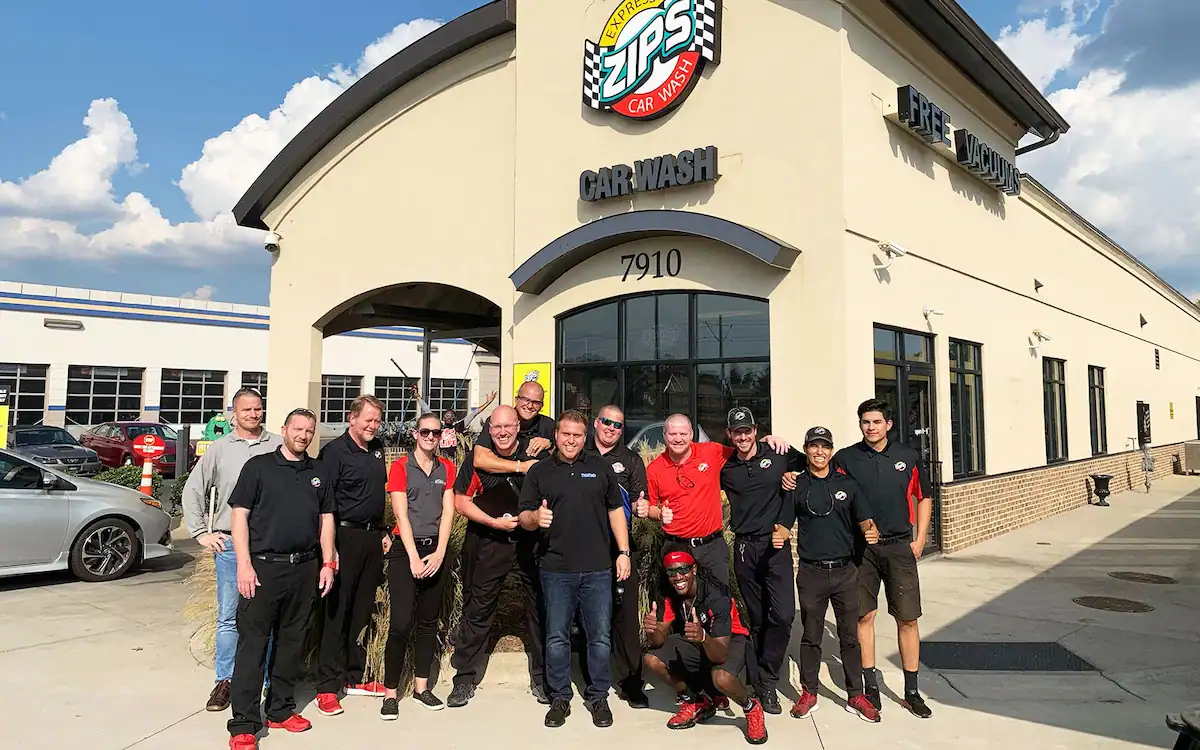By Jim Utter
Director of Journalism
A recent case study published by FOCUS Investment Banking takes an analytical dive into the factors behind the recent Chapter 11 bankruptcy by ZIPS Car Wash and provides solid reasons why the industry should not panic.
ZIPS was the fifth-largest express car wash operator in the United States when it announced it had voluntarily entered Chapter 11 bankruptcy in early February.
The company, which also operates brands Rocket Express Car Wash and Jet Brite Car Wash, cited the need to greatly reduce its outstanding debt in taking the action.
The case study titled, “Washing Away Debt: ZIPS Car Wash and the Cost of Private Equity Ambition” and authored by the merger and acquisition advisory company’s managing director, John-Michael Tamburro, looks at three key areas behind ZIPS’ downfall.
They are ZIPS’ failure to effectively manage its floating rate debt as interest rates climbed; increased operating costs from inflation which squeezed profit margins; and the oversupply of car washes and a failure to account for site quality and market saturation while expanding.
“High ROIC, reduced operational burden due to technology, and recurring revenue from subscription models made (the car wash industry) a magnet for operators and investors. However, the uncoordinated rush to build new sites disrupted this balance,” Tamburro wrote.
“When supply grows faster than demand, even a promising market can falter, as ZIPS’ experience illustrates. Investors must carefully assess whether growth projections account for competitive dynamics and potential oversaturation.”
The report offers several key insights into the best ways to manage private equity debt risks, like those encountered by ZIPS.
Those include maintaining discipline with business debt through a strategic and proactive approach; performing careful analysis of market saturation to avoid overbuilding and margin erosion; maintaining clear ownership goals and a realistic exit strategy; and purchasing new sites based on value rather than potential to avoid speculative promises.
While the industry remains a lucrative attraction, Tamburro warns investors to “treat debt as a tool, not a crutch, by using it to fuel growth (like equipment purchases or expansion) rather than to cover operational shortfalls.
It is in this way, he advocates, “you’re always in control of your financial obligations.”
To read the full case study by FOCUS Investment Banking, go here.












